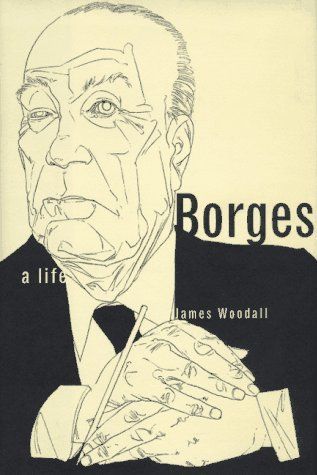
Borges A Life
Jorge Luis Borges is one of the seminal figures in twentieth-century literature. His influence on the art of narrative and on the very way people think about writing has been incalculable. All postwar fiction, from García Márquez to Fuentes, Updike to Barth, Calvino to Eco, bears Borges's imprint—in spite of the fact that Borges did not write a single novel.Born at the turn of the century in Argentina, Borges grew up with cosmopolitan parents who fostered his love of literature—and his active imagination. He spent his early youth in Europe, and though he traveled in literary circles, it was not until he returned to Buenos Aires in the late 1930s that he embarked on a substantial writing career of his own. Ficciones and El Aleph , the collections of short stories on which his reputation is based, were cryptic, playful, and vertiginously imagined. They have become benchmarks of Latin American fiction, paving the way for the Magic Realism that followed. Still, fame was slow to come to Borges, and the stature of his work was not recognized until the 1960s. Blind, living with his mother—who died just ten years before he did—and increasingly unpopular in his politics, Borges attracted extraordinary international attention in his later years that lasted until his death in 1986. Borges: A Life is the first biography to be written in English since Borges died, and from it emerges a picture of a complex man who neither courted fame nor acknowledged the literary revolution he set in motion. Based on firsthand research in Buenos Aires, James Woodall's portrait depicts the Borges the world never saw: the young pamphleteering poet obsessed by Walt Whitman and Argentine slang; the sexually timid intellectual falling disastrously in love just as he was writing his finest prose; the guru of Latin American letters whose sole aim in old age was domestic happiness. Casting new light on the background to the stories and the poetry, James Woodall also looks at Buenos Aires itself, a city in one of the most dramatic periods of its history. At the center of Woodall's depiction are the two grand obsessions of Borges's life: his celibate love of women and his loathing of Argentina's most charismatic dictator, Juan Perón.